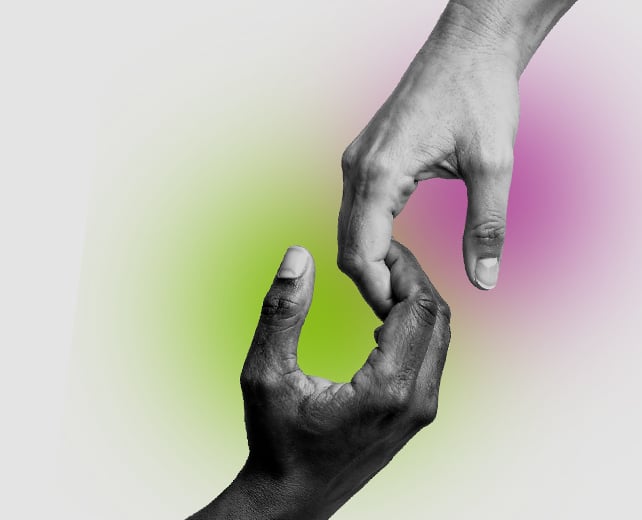Health impact assessment
harmonization, mainstreaming and capacity building Report of a WHO inter-regional meeting and a partnership meeting, Esami, Arushi, Tanzania, 31 October - 3 November 2000
Overview
Two back-to-back WHO meetings were held at the headquarters of the Eastern and Southern African Management Institute (ESAMI) in Arusha, Tanzania, from 31 October to 3 November 2000. This report covers the discussions and outcomes of both meetings. A list of participants is presented in annex 1; the agenda and programme of work are presented in annex 2.
The first was an internal WHO meeting to which all Regional Offices had been invited. For a variety of reasons, representatives of only three could attend. The background, objectives and expected outcomes of the meeting are presented below. The second meeting involved members of an ad-hoc partnership established for a proposal submitted to the World Bank Development Marketplace event in February 2000. This proposal (Acting Upstream) addressed the institutionalisation of HIA capacity building in Africa. Representatives from the World Bank, the African Development Bank, the WHO Regional Office for Africa, two WHO Collaborating Centres (the Liverpool School of Tropical Medicine and the Danish Bilharziasis Laboratory - DBL) and ESAMI had been invited. Representatives of the World Bank and of the African Development Bank were unable to attend. The background, objectives and expected outcomes of the second meeting are presented in Part II of this report.
Following these two meetings, Robert Bos (WHO), Martin Birley (Liverpool) and Peter Furu (DBL) stayed on in Arusha to work on the final draft of the training manual Developing intersectoral decision-making skills in support of Health Impact Assessment in development projects. This manual will be published jointly by DBL and WHO in the course of 2002.




/social-determinants-of-health-(sdh)/equity-and-health-(eqh)/recommendations2-wrsdhe.png?sfvrsn=6d42e850_3)
/social-determinants-of-health-(sdh)/safety-and-mobility-(sam)/boys-in-water.jpg?sfvrsn=3ff2337b_3)

